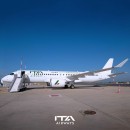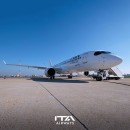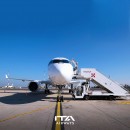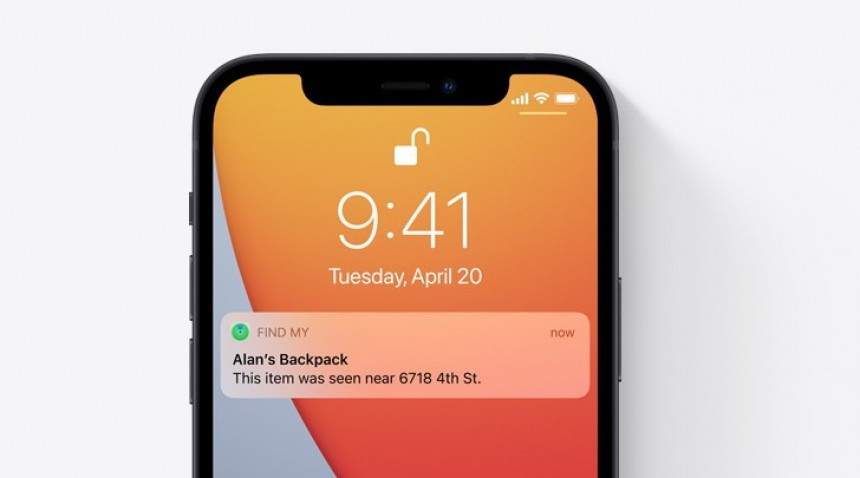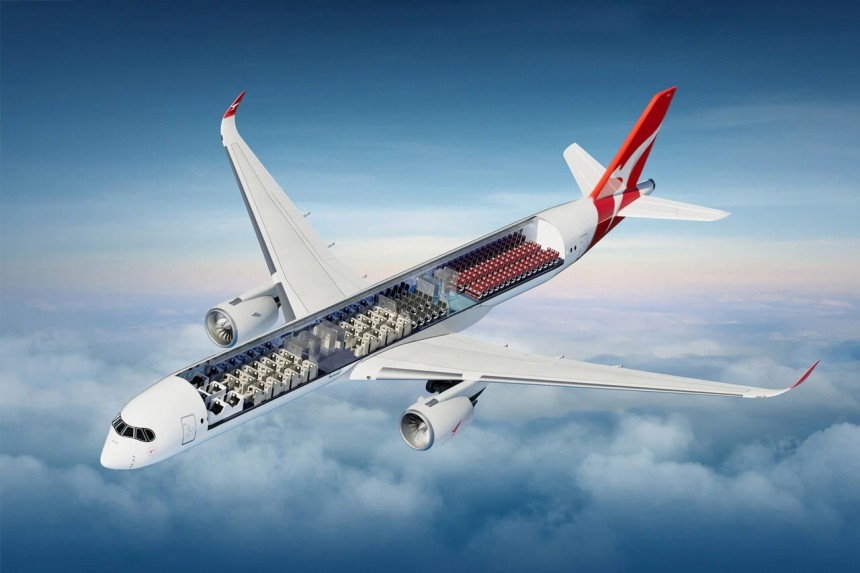If you have ever been attentive to what other people were doing the last time you were in a commercial airliner, you may have noticed that everyone reached out to their phones. While calls aren't just not possible during flights but also not allowed, some people do try to make them while the airplane is taxiing on the runway, on the road to its parking position. A recent decision in Europe may bring unwanted change in that regard.
The news in question refers to enabling widespread deployment of 5G services on aircraft, which allows in-flight cell phone connectivity. In other words, passengers on EU flights will get 5G cell service to their mobile phones during the flight if their phones have a roaming plan activated.
According to the European Commission, offering 5G connectivity will enable "innovative services for people and growth opportunities for European companies." It might make the airlines from other regions interested in offering the service as well, but only if these companies find the service worthwhile, as well as profitable.
As you can imagine, this is a double-edged sword for companies, as it involves spending money to offer a service that many not bring sufficient revenue, while offering it or parts of it at an artificially increased price for the sake of profit might make people uninterested in the plan. To be fair, there is no mention of offering cellular connectivity on flights as a paid service, but rather as an extension of existing networks.
Therefore, passengers may find that their phones can connect to ground networks without any hassle, and they would only pay roaming rates in those countries according to their data plans.
The latter were previously capped to make roaming easier and more affordable for European citizens, as telecommunications companies usually charged more from users while they were roaming, but those fees cannot pass certain levels thanks to a European directive.
The European Commission has granted temporary permission until June 30, 2023, to provide 5G technology on aircraft to see what its effects are. The 5G connection comes with higher speeds for download and upload, as well as reduced energy requirements.
Technology specialists claim that the prospect of interference of 5G with airplane tech is extremely low in the UK and EU, as there are other frequencies deployed for 5G than in the U.S., and at a lower power level.
Because of the latter aspect, you might not see the same service offered in U.S. flights soon. As Euronews reported, the in-flight cellular connectivity will be a temporary thing, just to observe its effects, so do not get too used to it, either.
In other words, passengers might not have to pay a fortune to get internet access on a flight. Since they will have cell service, it is possible in theory for them to make calls. The latter part was previously possible on some flights in the U.S. under certain conditions – as well as a hefty cost back then. Currently, there are international flights, and even shorter flights that offer an internet connection for passengers.
The connection in question works through a Wi-Fi connection that is managed from the airplane, so it can be turned on or off depending on requirements. It is important to note that the U.S. Federal Communications Commission had plans to allow in-flight voice and data services with mobile frequencies, but the plans were scrapped due to opposition from flight attendants and airline pilots on safety and national security grounds.
In theory, since it was possible for someone to have an internet connection during a flight, and you could make calls over Wi-Fi data only, it was possible for a passenger to make a phone call during a flight. If the airline's rules were not against that call, nobody would stop them.
The problem, dear reader, is when everyone on the flight will have an active cell service on their phones, and there will be people who suddenly have nothing else to do for the next couple of hours. You may have noticed people who do this on the bus or in public transportation of any other kind, and they may become obnoxious. Now, imagine a plane that is full of people wanting to make calls.
While having an internet connection during a flight was something that many people desired, especially at a reduced rate or even free, I am sorry to say that flights will not get better, but worse, because of the new rules. Once people start getting the hang of these in-flight calls, the time for quality noise-cancelling headphones with stellar battery life will be upon us.
It is one of those cases where I hope I am wrong. I do not see airlines or flight attendants could stop people from using their cell-service-enabled devices from taking or making calls, as well as leaving or listening to voice messages aloud, if it is not against the rules of the airline. Instead, sadly, it relies on how the people around you behave, and this is the bad news that I was referring to, and use your imagination to link it to the first paragraph.
According to the European Commission, offering 5G connectivity will enable "innovative services for people and growth opportunities for European companies." It might make the airlines from other regions interested in offering the service as well, but only if these companies find the service worthwhile, as well as profitable.
As you can imagine, this is a double-edged sword for companies, as it involves spending money to offer a service that many not bring sufficient revenue, while offering it or parts of it at an artificially increased price for the sake of profit might make people uninterested in the plan. To be fair, there is no mention of offering cellular connectivity on flights as a paid service, but rather as an extension of existing networks.
Therefore, passengers may find that their phones can connect to ground networks without any hassle, and they would only pay roaming rates in those countries according to their data plans.
The European Commission has granted temporary permission until June 30, 2023, to provide 5G technology on aircraft to see what its effects are. The 5G connection comes with higher speeds for download and upload, as well as reduced energy requirements.
Technology specialists claim that the prospect of interference of 5G with airplane tech is extremely low in the UK and EU, as there are other frequencies deployed for 5G than in the U.S., and at a lower power level.
Because of the latter aspect, you might not see the same service offered in U.S. flights soon. As Euronews reported, the in-flight cellular connectivity will be a temporary thing, just to observe its effects, so do not get too used to it, either.
The connection in question works through a Wi-Fi connection that is managed from the airplane, so it can be turned on or off depending on requirements. It is important to note that the U.S. Federal Communications Commission had plans to allow in-flight voice and data services with mobile frequencies, but the plans were scrapped due to opposition from flight attendants and airline pilots on safety and national security grounds.
In theory, since it was possible for someone to have an internet connection during a flight, and you could make calls over Wi-Fi data only, it was possible for a passenger to make a phone call during a flight. If the airline's rules were not against that call, nobody would stop them.
The problem, dear reader, is when everyone on the flight will have an active cell service on their phones, and there will be people who suddenly have nothing else to do for the next couple of hours. You may have noticed people who do this on the bus or in public transportation of any other kind, and they may become obnoxious. Now, imagine a plane that is full of people wanting to make calls.
It is one of those cases where I hope I am wrong. I do not see airlines or flight attendants could stop people from using their cell-service-enabled devices from taking or making calls, as well as leaving or listening to voice messages aloud, if it is not against the rules of the airline. Instead, sadly, it relies on how the people around you behave, and this is the bad news that I was referring to, and use your imagination to link it to the first paragraph.

